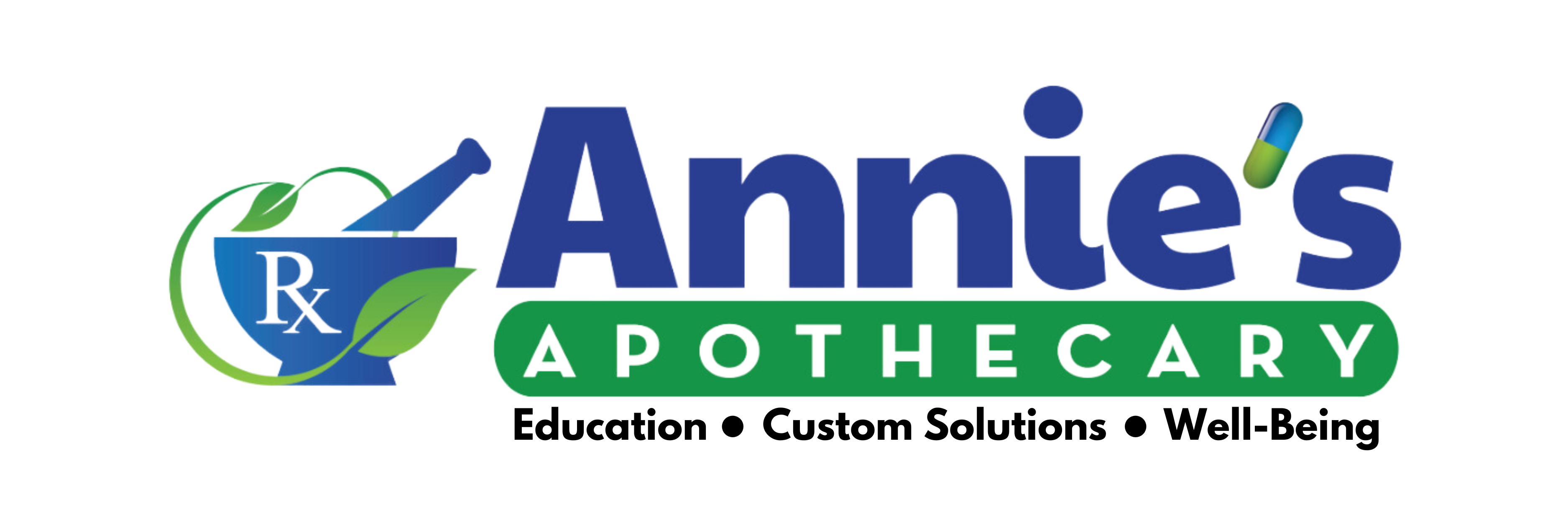Psoriasis
What is Psoriasis?
Psoriasis is an autoimmune disease that causes raised, red, scaly patches to appear on the skin. It may occur with a form of arthritis. Medications can control the symptoms of psoriasis.
It typically affects the outside of the elbows, knees, or scalp, though it can appear on any location. Psoriasis is associated with other serious health conditions, such as diabetes, heart disease, and depression. Some people who have psoriasis also get a form of arthritis called psoriatic arthritis.
Signs and Symptoms
Several types of psoriasis exist. These include:
- Plaque psoriasis
- Nail psoriasis
- Scalp psoriasis
- Guttate psoriasis, which primarily affects young adults and children and is characterized by small, water-drop-shaped sores on the trunk, arms, legs and scalp
- Inverse psoriasis, which mainly affects the skin in the armpits, in the groin, under the breasts, and around the genitals
- Pustular psoriasis, which is an uncommon form of psoriasis that is characterized by pus-filled blisters
- Erythrodermic psoriasis, which is the least common type of psoriasis and is characterized by a red, peeling rash that can itch or burn intensely
In psoriasis, the life cycle of skin cells changes. Psoriasis causes cells to build up rapidly on the surface of the skin. The extra skin cells form the thick, silvery scales and itchy, dry, red patches that are sometimes painful.
Who gets Psoriasis?
Men and women develop psoriasis at equal rates. Psoriasis also occurs in all racial groups, but at varying rates. About 1.9% of African-Americans have psoriasis, compared to 3.6% of Caucasians.
Psoriasis often develops between the ages of 15 and 35, but it can develop at any age. About 10% to 15% of those with psoriasis get it before age 10. Some infants have psoriasis, although this is considered rare.
Psoriasis is a persistent, long-lasting (chronic) disease. There may be times when psoriasis symptoms get better and other times when the psoriasis symptoms worsens. Psoriasis can be hard to diagnose because it can look like other skin diseases.
There is no cure for psoriasis, but creams, medications, and light therapy may offer significant symptom relief.
Causes
The cause of psoriasis is not fully understood, but the immune system and genetics play major roles in its development. Usually, something triggers psoriasis to flare. The skin cells in people with psoriasis grow at an abnormally fast rate, which causes the buildup of psoriasis lesions. Psoriasis is not contagious and psoriasis lesions are not infectious. Anyone can develop psoriasis, but several factors can increase your risk of developing the disease including:
- Family history
- Viral and bacterial infections such as HIV and recurrent strep throat
- Stress
- Obesity
- Smoking
Diagnosis and Treatment
The goals of psoriasis treatment are to stop the skin cells from growing so quickly, which reduces inflammation and plaque formation, and remove scales and smooth the skin.
Effective treatment of psoriasis can be challenging. The disease is unpredictable, going through cycles of improvement and worsening, and the side effects of psoriasis treatments can also be unpredictable.
Psoriasis treatments can be divided into three main types: topical treatments, light therapy, and systemic medications.
The treatment you and your doctors choose will be based on the type and severity of psoriasis and the areas of skin affected. In general, the traditional approach to therapy is to start with the mildest treatments — topical creams and ultraviolet light therapy (phototherapy) — and then progress to stronger ones only if necessary.
Topical treatments
Creams and ointments applied to the affected skin can effectively treat mild to moderate psoriasis. When the disease is more severe, creams are likely to be combined with oral medications or light therapy. We will work with your healthcare provider to create a customized compound for you.
Light therapy (phototherapy)
This psoriasis treatment uses natural or artificial ultraviolet light. The simplest and easiest form of phototherapy involves exposing your skin to controlled amounts of natural sunlight. Other forms of light therapy include the use of artificial ultraviolet A (UVA) or ultraviolet B (UVB) light either alone or in combination with medications.
Oral or injected medications
If you have severe psoriasis or it is resistant to other treatments, your doctor may prescribe oral or injected drugs. Because of severe side effects, some of these medications are used for only brief periods and may be alternated with other forms of treatment.
The case report below discusses the management of two refractory psoriasis skin lesions in an adult male using a topical compounded formula.
